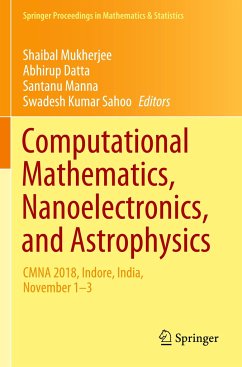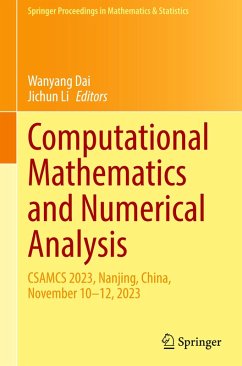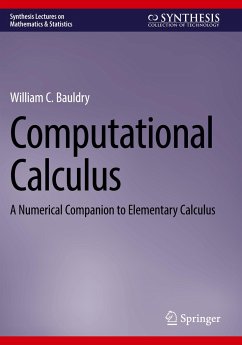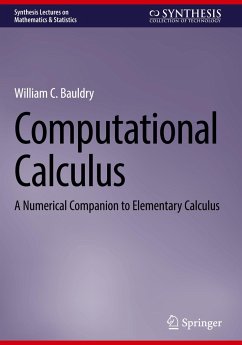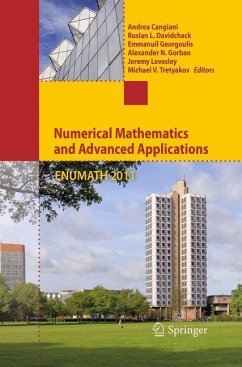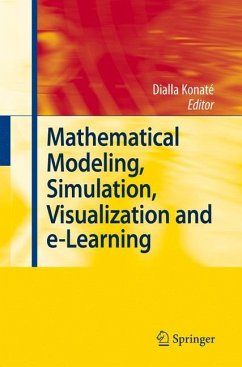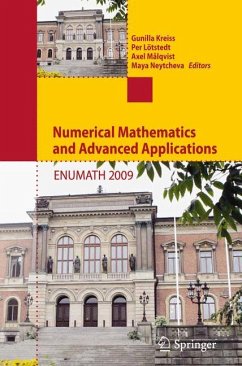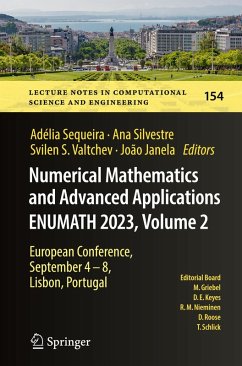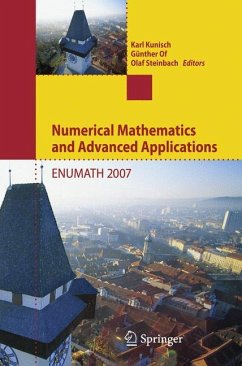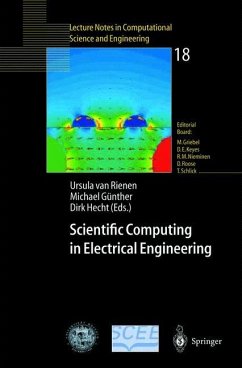SANTANU MANNA is Assistant Professor at the Discipline of Mathematics, Indian Institute of Technology Indore, India. He earned his Ph.D. in Applied Mathematics from the Indian Institute of Technology (Indian School of Mines) Dhanbad, India, in 2015. He is the recipient of the Newton-Bhabha International Fellowship by The Royal Society of the United Kingdom and SERB, Dr. D. S. Kothari Postdoctoral Fellowship by the University Grants Commission and the SERB-National Post-Doctoral Fellowship (both by the Government of India). His research interests are in mathematical modelling, asymptotic analysis and hyperbolic partial differential equations and their applications in multi-field problems like wave propagation, solid mechanics, fluid dynamics and mathematical seismology. He has published over 20 articles in various reputed journals. SHAIBAL MUKHERJEE is Associate Professor at the Department of Electrical Engineering, Indian Institute of Technology Indore, India. He completed his Ph.D. in Electrical and Computer Engineering at the University of Oklahoma, USA, in 2009. His research group explores new physics of micro- and nano-structured materials and applies this knowledge in realizing advanced tools and devices for chemical, biological, optical, electronic and energy applications. He has filed 6 patents and his research has been published in 84 peer-reviewed journals, 84 international conference proceedings and 7 book chapters. Under his direct supervision, 11 students have completed their Ph.D. degrees and currently, 11 more are working on their doctoral thesis. He is the recipient of the 2020 DUO-India Professor Fellowship, 2019 DAAD Fellowship, 2018 Materials Research Society of India Medal, 2017 Bhaskara Advanced Solar Energy Fellowship and 2016 MeitY Visvesvaraya Young Faculty Research Fellowship. He is the technical reviewer of over 35 renowned journals. ABHIRUP DATTA is Associate Professor at the Center of Astronomy, Indian Institute of Technology Indore, India. A NASA postdoctoral fellow, Dr. Datta completed his Ph.D. in Physics (Astrophysics) from New Mexico Tech, USA, in 2010. He served as a research associate at the University of Colorado, Boulder, USA, from 2013 to 2015. His areas of research include study of early universe through HI 21cm emission (Epoch of Reionization), cosmic dawn and dark ages through the global HI 21cm signal, HI 21cm absorption at high redshifts, radio and X-ray observations of galaxy clusters, aperture synthesis calibration and imaging techniques, ionospheric effects on low-frequency radio interferometric calibration and imaging, ionospheric effect on ground-based total power experiments and radio interferometers at low radio-frequencies, space weather, sustainable research and big data. His research papers have been published in reputed journals and conference proceedings. SWADESH KUMAR SAHOO is Associate Professor at the Discipline of Mathematics, Indian Institute of Technology Indore(IIT Indore), India. He received his Ph.D. in Mathematics from the Indian Institute of Technology Madras (IIT Madras), India, in 2008 with a thesis entitled "Inequalities and Geometry of Hyperbolic-type Metrics, Radius Problems, and Norm Estimates" written under the supervision of Professor S. Ponnusamy. The Department of Atomic Energy, National Board for Higher Mathematics (NBHM), India, awarded him with the NBHM Post-Doctoral Fellowship in 2008 which allowed him to pursue his postdoctoral research at IIT Madras until he joined the IIT Indore, in 2010, as Assistant Professor. Since 2009, Dr. Sahoo has been a visiting researcher at the University of Turku, Finland, supported by the Centre for International Mobility and has delivered invited talks at scientific events around the world, including Japan, USA and Ukraine. His main research area is geometric function theory and current research interests include univalent function theory, special functions, hyperbolic-type metrics and quasiconformal mappings. Currently, three Ph.D. students are working on their thesis under his supervision. He has been collaborating with researchers from India, Japan, China, USA and Finland and has published his research papers in journals and conference proceedings of repute.







